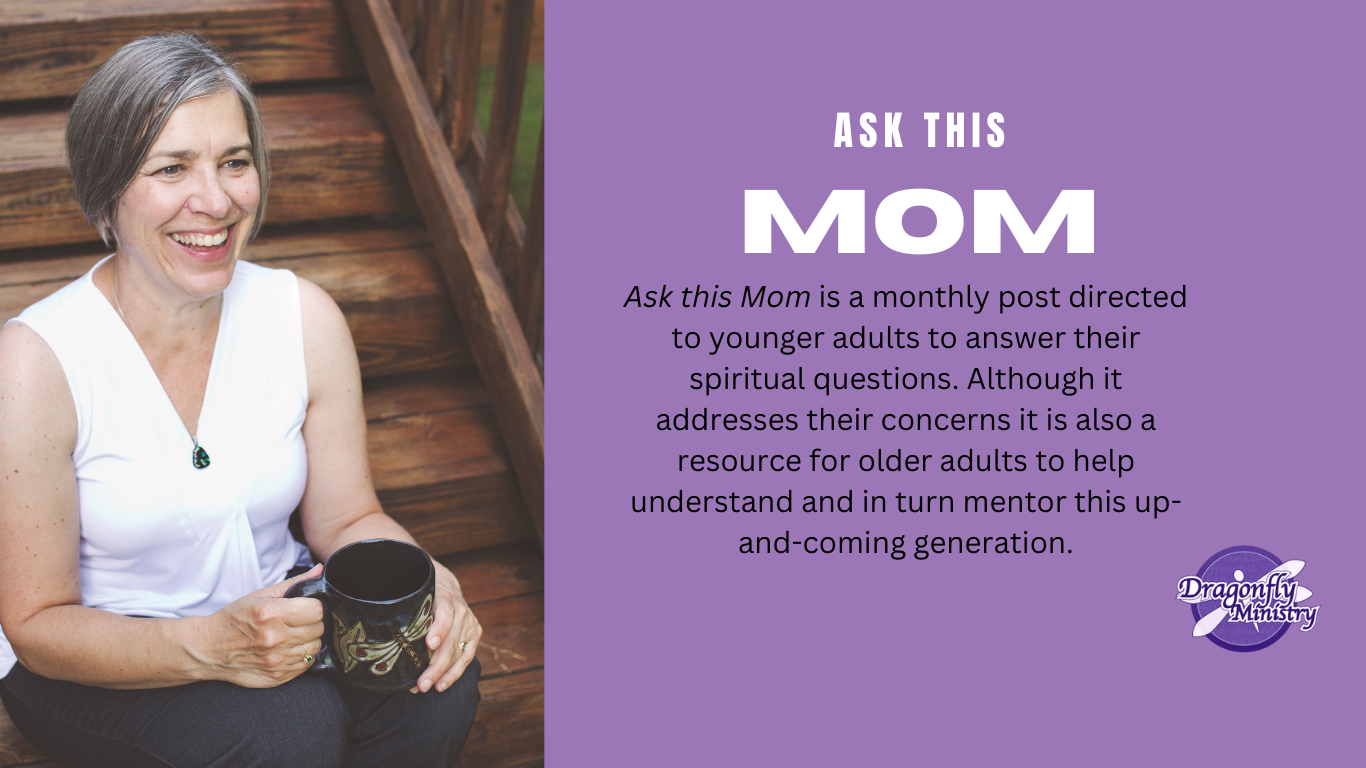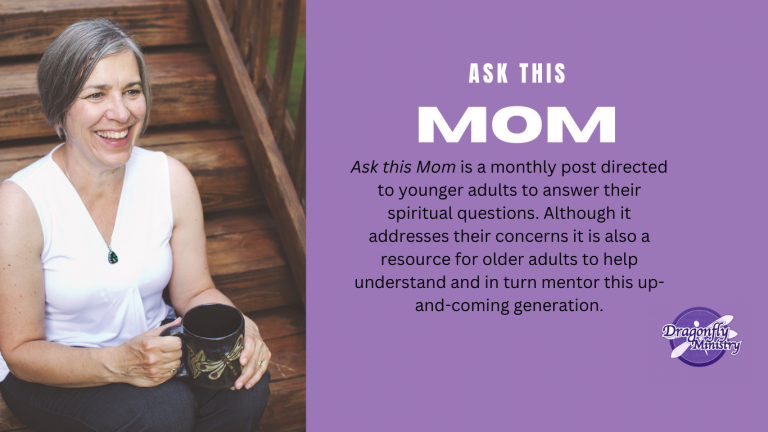Ask This Mom – Battling Loneliness
Light from her computer monitor reflected off her face. She rubbed her eyes, after hours of starring at the screen. Now the source of her work, entertainment, and social life, this machine illuminated her weariness. Freshly graduated from college, her childhood bedroom once a source of comfort now felt like a trap.
“I need to find a social life.” With a sigh, she leaned back into her chair, “I don’t know where to begin when I don’t know anyone here anymore.” In fact, working from home, she spends most of her time in her bedroom – alone.
The Covid 19 pandemic brought chaos to Gen Z and younger millennials. Current events including illness, divisive political rhetoric, social unrest, financial stress accompanied by job loss, and war in Ukraine pummeled the hope of younger people. Loss, division, and pain amplified around them pounding at their spirits and mental health. Anxiety levels spiked; uncertainty reined in their day to day lives. Eighty percent of the young people I surveyed said their anxiety is greater now than it was pre-pandemic.
Four years of pandemic and now economic struggles intensely affected both millennials (now in their twenties and thirties) and Gen Z (teens and early twenties). Mentoring these individuals now carries additional challenges. Older millennials, now parents themselves, faced the challenge of balancing their children’s distance education and working from home. Many with young children face finding ways to socialize their preschool kids. Generation Z entered the workforce during a volatile job market. Finding career jobs with lower pay combined with increased housing costs have forced many to move back with their parents.
Job loss was common, filing for unemployment brought confusion, uncertainty and even embarrassment. Hard working individuals never thought they’d find themselves in this position. Still launching their careers, financial pressure added to their pain.
Transitioning into adulthood during a unique historical event created difficulties new to modern times. Although they interacted via video, most of their workday remains spent alone. This greatly stifled workplace relationships, an essential part of transitioning from college to career. In addition, loss of church community put further pressure on them. Watching from home brought spiritual food without a community to nurture its growth.
How do we become a source of help to this struggling generation? In this five-day series we will:
- Look at the problem and try to understand its impact on our younger generations. Gaining tools to validate the real circumstances our young people are facing.
- Define anxiety and learn what to do and what not to do when walking with someone who struggles with this.
- Examine the deconstruction movement as it relates to our mentoring relationships? We will examine both the positive and negative impacts. In turn we will develop listening skills important to younger people. Listening is the greatest relationship builder we have.
- Develop ways to build intergenerational relationships and combat loneliness not only in their lives but also ours.
- Recognize in the long run this will build a stronger and resilient generation. There is a great potential in our young people, growing in your understanding will benefit all of us. Bridging the divide propels us toward unity.
Psalm 68:6 “God places the lonely in families; he sets the prisoners free and gives them joy.” (NLT)
Action step: Who came to mind when you read this piece? What young people do you know that my need your encouragement? Take a moment to write down their name(s) and commit to praying for them during the next five days.
Feel free to send this to others that may be interested in this information. Invite them to join our journey. They can sign up to get the rest of these emails here.






